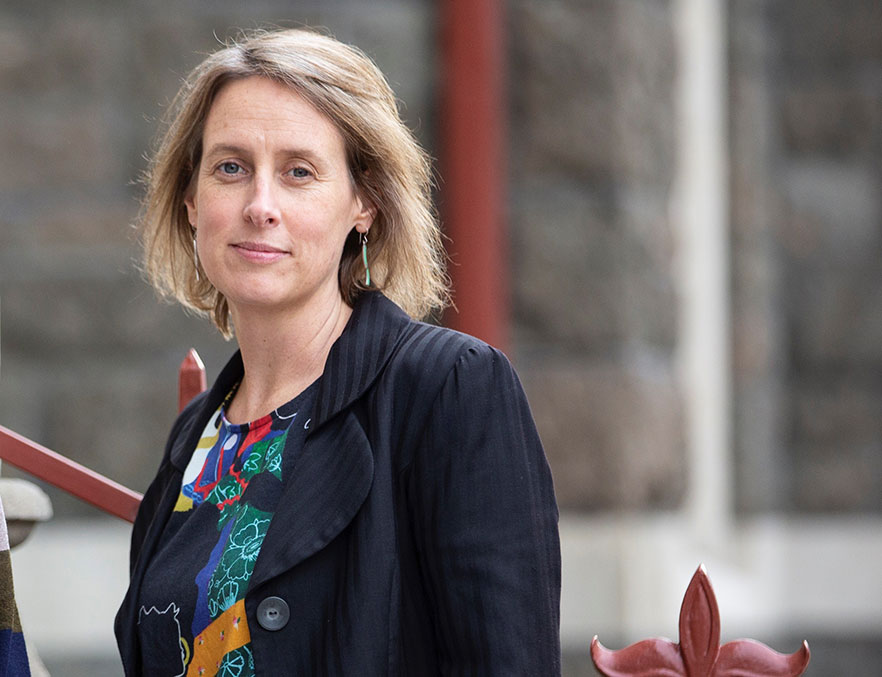Thursday 14 April 2022 1:31pm

People in New Zealand often struggle to solve their civil justice problems. There are many organisations trying to improve access to justice and there is a call for feedback on a new initiative proposing a national strategic framework to increase coordination, collaboration, and coherence of these efforts.
This month, a working group chaired by University of Otago Faculty of Law academic and Director of the Civil Justice Centre Dr Bridgette Toy-Cronin (above) released the Wayfinding for Civil Justice framework to gather input from organisations, legal practitioners and individuals nationwide.
The draft framework aims to encourage a unified, co-ordinated approach to improve access to civil justice and strategic use of resources in the legal sector. It also seeks to provide clear signals to funders of access to justice mahi (both government and non-government) about what work is ongoing, where the gaps are, and where co-ordination can be achieved.
“There is no shortage of innovative and exciting work happening in the access to justice space, but everyone would benefit if we knew what we are all doing. This was a clear finding of the Workshop – better co-ordination could lead to more collaboration, less duplication, easier identification of gaps, and the opportunity to learn from each other’s successes and failures. This would ensure the most efficient use of our limited resources,” Dr Toy-Cronin says.
Feedback on the draft framework may include input on how to increase knowledge of support in dispute prevention and early resolution, ways to enhance access to legal information and self-help tools, or how the Te Tiriti o Waitangi can inform future initiatives.
“It is wide-ranging, but we think that for the Wayfinding framework to work, it needs a form of national structure that co-ordinates reporting and sharing of information, provides recommendations on where work is needed, shares and celebrates success, and collates research that could guide further work. We need feedback not just on whether the public and legal sectors see a need for a structure, but the form they see it taking.”
Dr Toy-Cronin says better processes will help the rising numbers of people going through the court process without the help of a lawyer. Research shows between 40 and 63% of people in Aotearoa New Zealand will likely experience a legal problem within a two-year period; the Global Insights on Access to Justice 2019 study found that less than one-third of participants were able to access help for their legal problems, and of those that could, only 36% sought help from a lawyer or professional help service.
The idea for the framework came from a 2020 workshop hosted by the Rt Hon Dame Helen Winkelmann, Chief Justice, and Andrew Kibblewhite, Secretary for Justice. A working group was then formed to develop a draft framework. In addition to Dr Bridgette Toy-Cronin, members are the Hon. Raynor Asher QC, Wi Pere Mita, Gabrielle O’Brien and Anne Waapu.
Read about, and download, the draft framework here.
Engage with, and provide feedback on, the draft framework by:
• Emailing feedback to Wayfinding@justice.govt.nz
• Filling out an online consultation survey or signup here.
• Signing up to attend an online hui, details at the Wayfinding website or by emailing wayfinding@justice.govt.nz.
